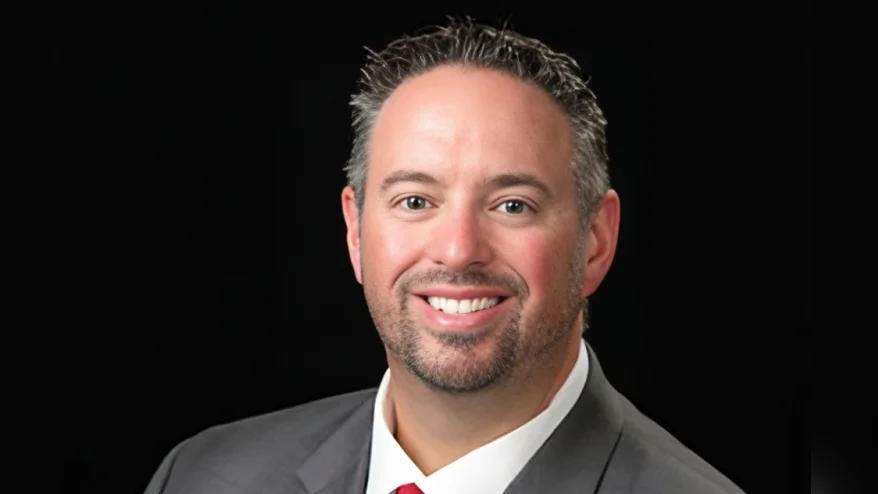
New Jersey is considering joining a growing trend among states to ease tax filing obligations for employers and employees in the post-pandemic work environment. NJBIA Chief Government Affairs Officer Christopher Emigholz has suggested that lawmakers and Governor Murphy should consider implementing 30-day safe harbor legislation for traveling employees.
“This really would be a win-win for both job providers and their workers, particularly as remote work still remains popular after the pandemic, and it would likely increase interstate commerce,” Emigholz stated. “We look forward to educating lawmakers on the many benefits of this safe harbor as they return to Trenton.”
The concept of safe harbor is gaining traction as remote work becomes more prevalent post-pandemic, with hopes of also boosting interstate travel. Currently, non-resident employees who travel to another state for business purposes face significant administrative burdens, including filing income tax returns in every state they visit, even if only for one day. Employers are similarly required to withhold taxes from their paychecks for any out-of-state work.
Safe Harbor legislation, supported by the Council on State Taxation and other advocacy groups, proposes a uniform 30-day threshold before imposing individual income tax liability and associated withholding obligations on employers. Until this threshold is reached, employees and employers would continue paying taxes in their state of residence. Once surpassed, liability and withholding would apply from the first day in the nonresident state.
Montana, Illinois, Indiana, and West Virginia have already enacted a 30-day threshold for both filing and withholding taxes. Louisiana has a 25-day threshold. Nebraska and Kansas have similar legislation pending this year, while Alaska and Hawaii have implemented a 60-day threshold for withholding only.
“Generally speaking, these are states that understand that remote work and interstate travel both represent an opportunity to make their tax codes a bit more amenable and easier to manage for everyone involved,” Emigholz said. “We believe New Jersey can do our employers and workers a great service by adapting our tax policies to better fit a changing economy. We look forward to engaging in the conversation.”